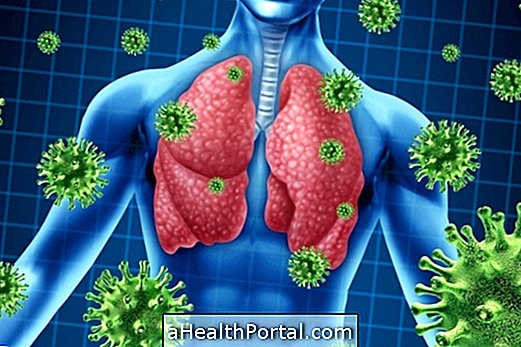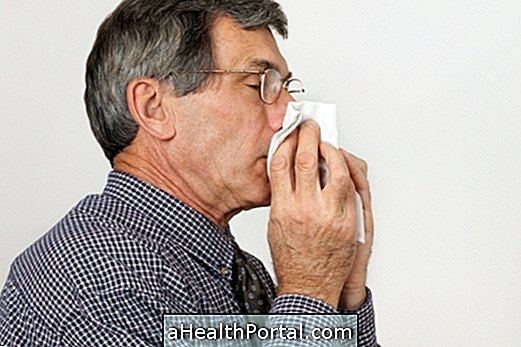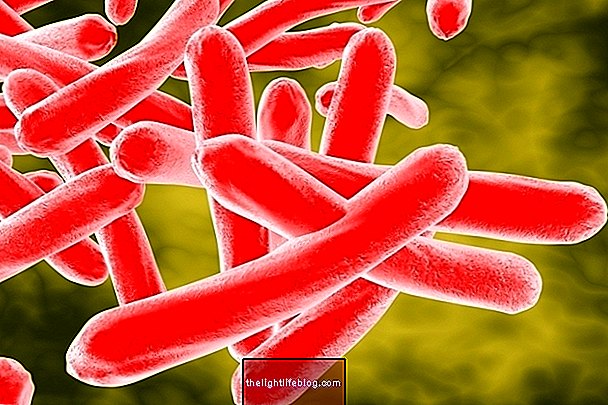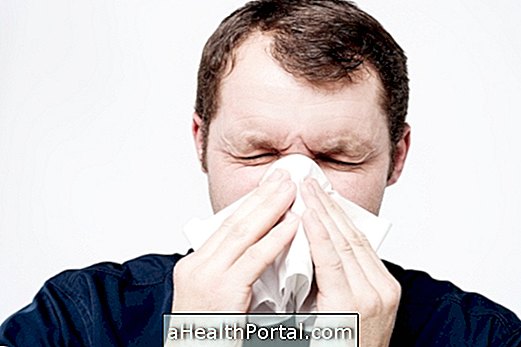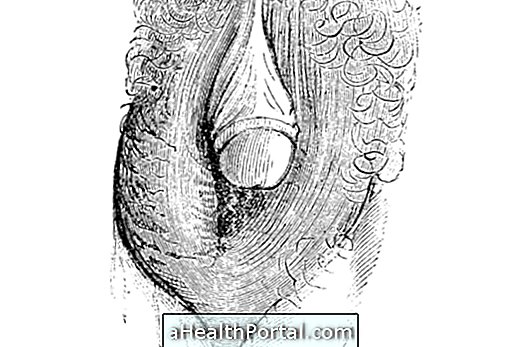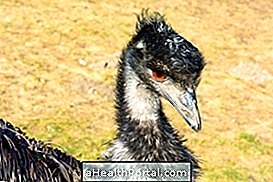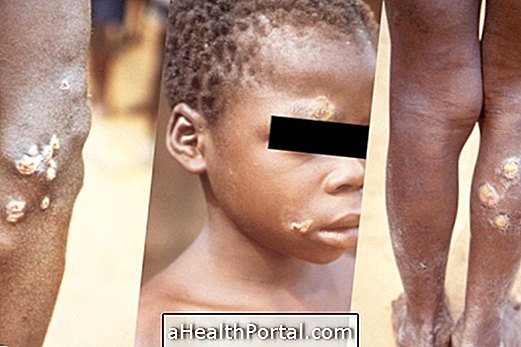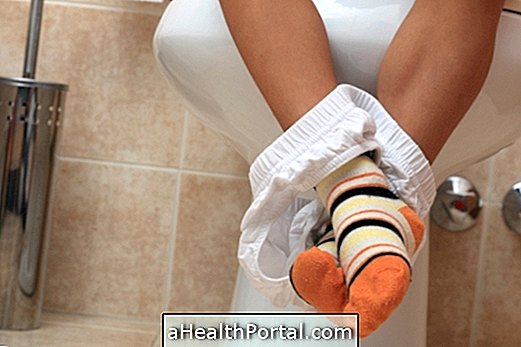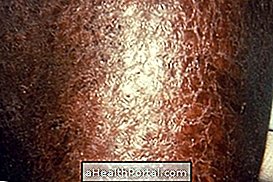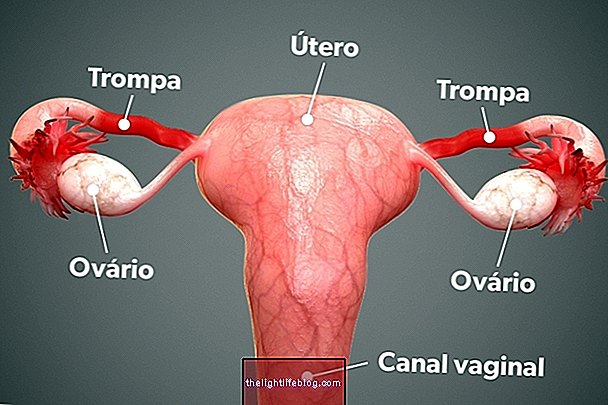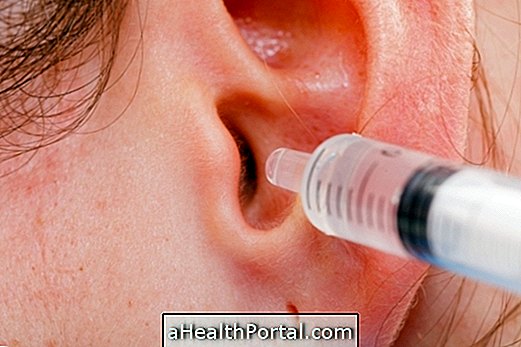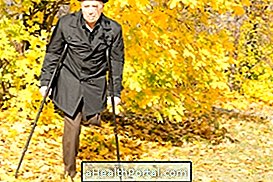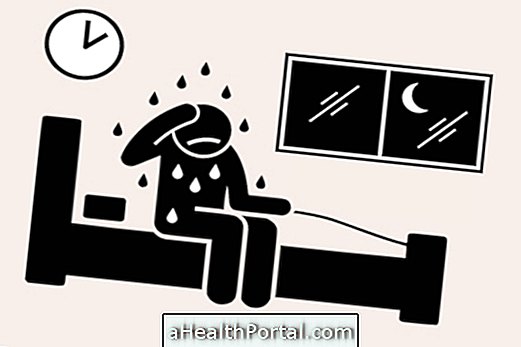Legionella is a serious respiratory infection caused by the bacterium Legionella pneumophila, which lives and develops in hot and humid environments such as untreated air-conditioning filters or in showers that are not used for a long time. example. Thus, this bacterium needs water to be contracted, and can not be transmitted from person to person.
There are also other situations that also increase the risk of Legionella entering the respiratory system such as swimming in lakes, swimming pools, springs, spas and contaminated spas. Although the infection is more frequent after breathing small drops of water, it can also happen by ingesting contaminated water from these sources.
When the bacteria infects the body, symptoms such as constant dry cough, chest pain, high fever and difficulty breathing can arise. Know what other signs are and how to identify the infection.
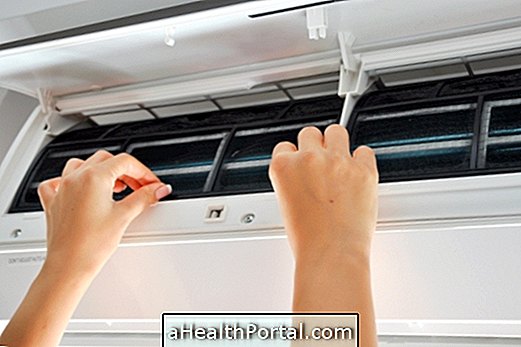
How not to get Legionella
There is no vaccine against this infection and therefore to protect yourself it is recommended:
- Do not shower or shower in very hot water, especially in public places such as gyms or hotels;
- Do not use saunas, hot tubs or hot tubs that are not cleaned for a long time;
- Take a bath with a little tap opening to reduce the water pressure;
- Clean the filters and air conditioning trays with water and chlorine every 6 months;
- Dip the shower into a mixture of chlorinated water to disinfect.
These precautions are especially indicated in case of a Legionella epidemic, however, it is important to avoid any kind of standing water and have a habit of regularly cleaning the showers with chlorine.
People at higher risk of being infected by the bacteria include smokers, people over 50 and patients with chronic lung diseases or diseases that affect the immune system, such as diabetes, HIV or kidney failure, for example.
